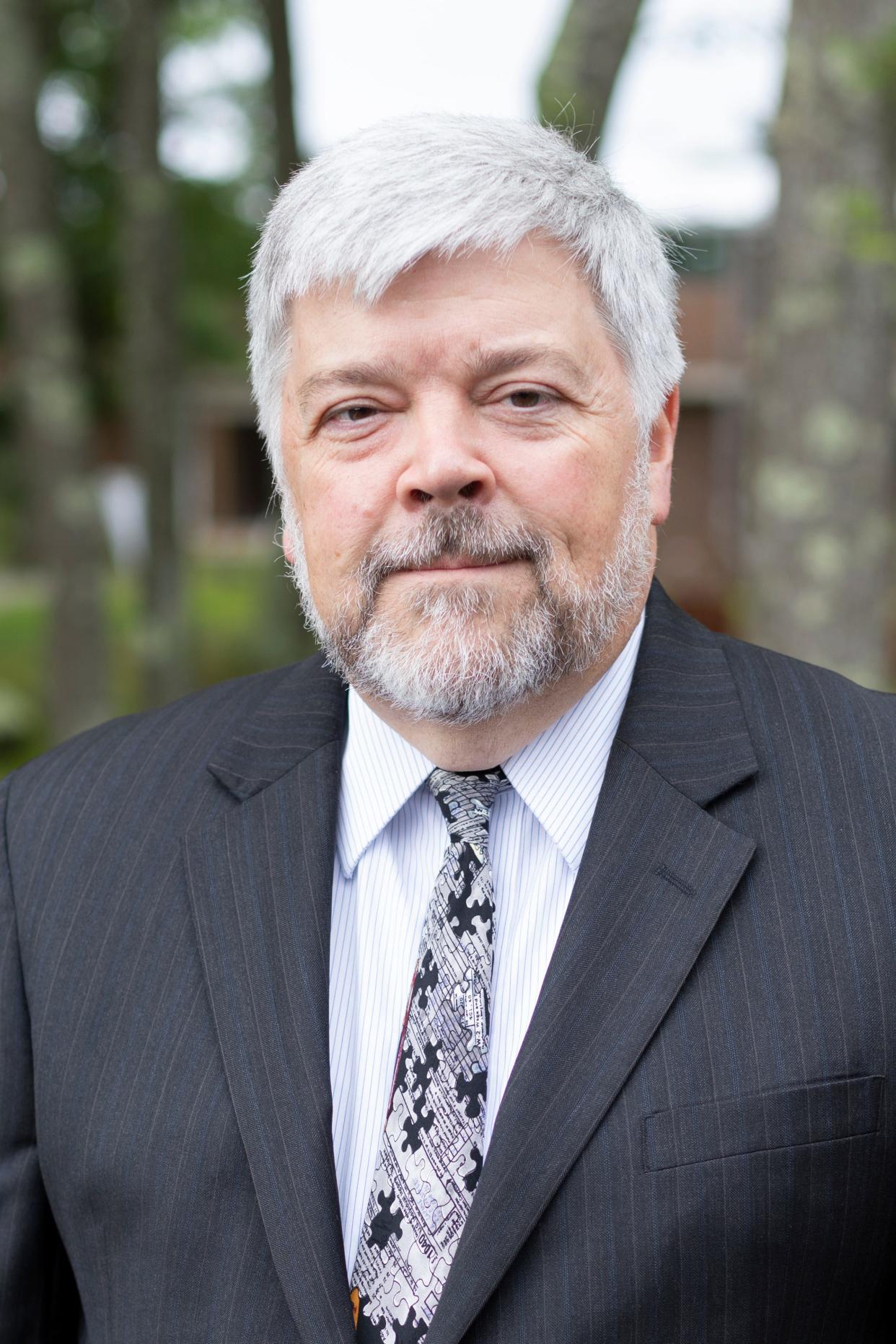Opinion/Your Turn: FDA lifts mad cow disease deferral for much needed blood donors

On the heels of a global COVID-19 pandemic, the world continues to evolve and learn from the several years when we were locked inside and, ultimately, isolated from each other. The short- and long-term consequences of what we all went through will be felt for generations, but one consequence we are currently facing as a community is a newfound shortage of blood donors.
Of course, this shouldn’t come as a surprise to those keeping an eye on history. You might recall a time in the 1990s when the world was introduced to an incurable variant of Creutzfeldt-Jakob disease (vCJD), otherwise known as mad cow disease. Around that time, people across the United Kingdom of Great Britain and Northern Ireland were surprised to learn they may have been exposed to vCJD through their enjoyment of British beef. It just so happens that, prior to the discovery of the disease, I was starting as a Rotary International Scholar in Britain at the University of Birmingham.
At the time, there was no single test to diagnose the disease. Instead, doctors relied on documenting where the person lived and their symptoms and past health to make a diagnosis.
The exposure left me, and many, many others, unable to donate blood in the United States. So, for nearly three decades, to err on the side of safety, my blood along with the blood of thousands of other people across our country from all walks of life — who lived, worked, studied, and were stationed in the Armed Services in the U.K. — were on long-term deferral. Effectively, as donors, we were persona non grata at the local bloodmobile.
After decades of extensive research and reassessment, the Food and Drug Administration (FDA) determined the risk is now negligible and has removed the recommendations to defer indefinitely blood donors for:
Geographic risk of possible exposure to bovine spongiform encephalopathy for time spent in the United Kingdom from 1980 to 1996 and for time spent in France and Ireland from 1980 and 2001
Receipt of a blood transfusion in the U.K., France and Ireland from 1980 to the present.
The FDA also provides recommendations for the requalification of individuals previously deferred for these geographic risk factors, provided they meet all other eligibility requirements.
Yes, that means literally thousands of potential donors having spent extensive time in the U.K. are finally free to donate blood across our nation. So, why the history lesson? I relay this tale because donating blood is a critical civic duty that quite literally saves lives.
For decades, I, my fellow Rotary International colleagues, and Fulbright Association alums have had to sit on the sidelines when it comes to this duty. What a relief and a testament to science and the ongoing research that we are finally able to return to action.
On Thursday I will proudly be joining faculty, staff, and students of the Cape Cod Community College for a blood drive to benefit our community. As donors are scheduling visits, remember both Cape Cod Healthcare and the American Red Cross support the blood collection needs of our community and are graciously seeking your donation.
Every pint of blood donated will serve our community and save the lives of family, friends and neighbors. I encourage you to get off the bench and donate this lifesaving gift.
John Cox is the president of Cape Cod Community College.
Don’t miss the Cape Cod news that matters. Sign up for our free newsletters.
This article originally appeared on Cape Cod Times: Opinion: FDA reverses mad cow disease deferral for blood donors

